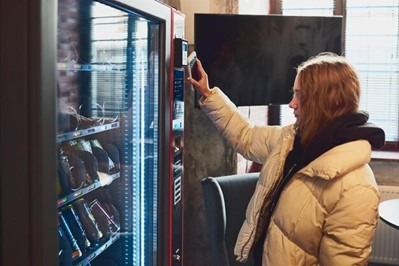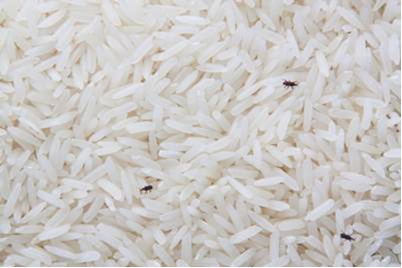How does SFA ensure the safety of food purchased from vending machines?
SFA adopts a risk-based approach in regulating businesses involved in the sale of food to consumers. To this end, we require vending machine operators that deploy machines selling food items with higher food safety concern, such as raw meat or seafood, or with in-machine food preparation functions to be licensed to ensure that appropriate measures are in place to mitigate food safety risks. Raw meat and seafood can be contaminated and are good grounds for bacteria to grow, while food can be contaminated during in-machine food preparation activities. Hence ensuring proper temperature control, cleanliness and maintenance of vending machines are requirements to address these food safety risks.
Vending machine operators deploying machines selling pre-packed food items from SFA-licensed suppliers do not need SFA licences as their operations are of lower food safety concern. This is because SFA already imposes upstream controls on food manufacturers producing such pre-packed food since they need to have SFA licences. Nonetheless, all vending machine operators play a key part in assuring the safety of food sold. This is because poor temperature control and inadequate cleaning of processing/dispensing systems in vending machines can pose potential microbiological risks, especially if there are ready-to-eat foods sold.
How can we ensure the safety of food purchased from vending machines?
Vending machine operators must ensure that the storage temperatures are in accordance with SFA’s regulation. For example, dairy products must be stored below 7 degrees celsius as prescribed in the Environmental Public Health (Food Hygiene Regulations). Vending machines should also display the accurate temperature and the operator’s contact details for prompt reporting of expired, mouldy or contaminated samples. Additionally, operators should purchase their products from SFA-licensed suppliers.
Operators replenishing the stock should also exercise good personal hygiene to prevent any contamination during the handling process. They should check that the packaging of pre-packed foods is intact and untampered before replenishing. Furthermore, regular reviews of the cleaning procedures and maintenance of the vending machines are vital to prevent the growth of microorganisms. During maintenance checks, faulty parts of the machines should be replaced as soon as possible.
Food safety is a joint responsibility. As consumers, here are some tips to ensure food safety when purchasing from vending machines:
- Check to ensure that the vending machine is operating properly under good hygienic condition.
- Contact the operators regarding faulty machines or spoilt food items so they can rectify the situation quickly.
- Check that packaging of dispensed food is intact with no visible signs of contamination before consuming. When in doubt, discard the food product.
- Consume ready-to-eat foods as soon as possible and as per manufacturer’s instructions on the label.
About the author
Soon Fang Min is a Scientist from the Risk Assessment and Communications Department of the National Centre for Food Science. She has attained a Bachelor of Science with Honours in Food Science and Technology from the National University of Singapore.




